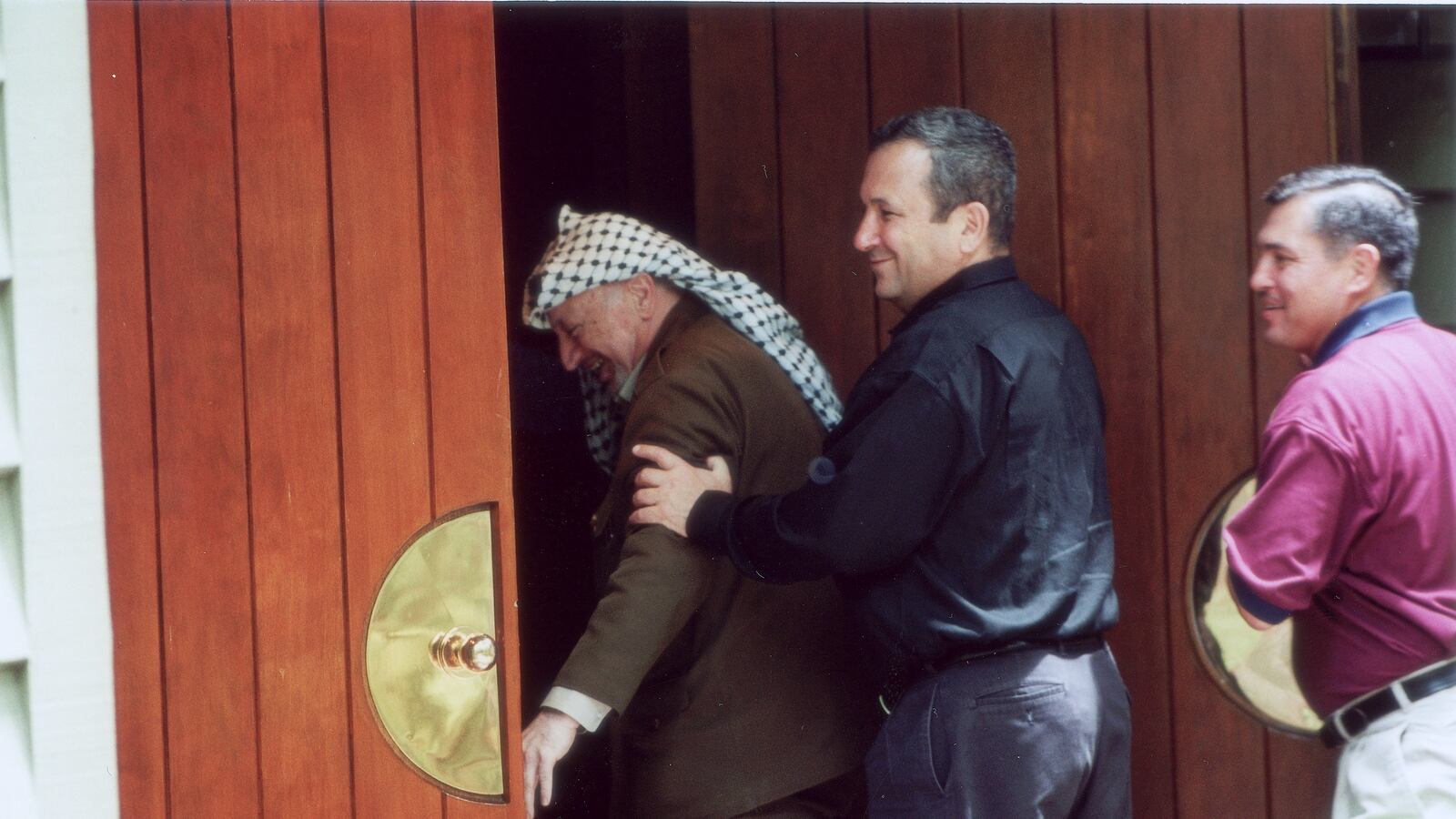It’s hard to believe that 20 years have passed since the Oslo Accords were signed on the White House lawn on September 13, 1993 and even harder to grasp that 40 years have passed since the outbreak of the Yom Kippur War on October 6, 1973.
Today, Israel’s two adversaries of 1973 are both rent by bitter internal conflicts. Syria is engulfed in a bloody civil war that began as a popular uprising against a dictator. It has been marked by horrific loss of life and ghastly atrocities which now threaten to drag the United States into the conflict. Egypt has been torn apart by a military takeover which removed a failed but democratically-elected government.

The leaders of both Egypt and Syria failed for decades to address the needs of their people. GDP per capita in both countries in 2011, before the upheavals substantially wrecked their economies, had still not caught up to where Israel’s GDP per capita was in 1973. Meanwhile, Israel’s economic power and prosperity has surged more than tenfold in the past 40 years.
It’s another demonstration of the fact that democracy is not only the best way we have to organize the political life of a nation but that it is a vital strategic asset in its own right. Israel’s democracy, despite its imperfections, is vital to its survival. But Israel needs a two-state solution to preserve that democracy. If Israel does not find a way to end the occupation of Palestinian land, it will remain in permanent control of millions of Palestinians who lack basic democratic rights. Within a decade or two, Jews will be outnumbered by Palestinians in the territory Israel controls. Such an occupation would slowly sap Israel’s moral strength and reduce its legitimacy throughout the world.
We must learn from the past as we look to the future. The late Israeli Prime Minister Yitzhak Rabin, whose historic handshake with PLO President Yasser Arafat remains the defining image of the Oslo Accords, carefully studied the Yom Kippur War and drew the correct conclusion.
In a speech to the Knesset a week after that handshake, Rabin said: “The Yom Kippur War taught us as well as our enemies the limitations of military power and the possibilities entailed in a political solution.” Addressing Palestinians, he said, “We, like you, are people who want to build a home, to plant a tree, to love, to live with you side by side, in dignity, in empathy, as human beings, as free men.”
It has become fashionable in some circles to argue that the Oslo Accords were a failure. After all, they were only an interim agreement on the path to a full peace treaty that was supposed to have been completed within five years. Rabin himself was assassinated by an Israeli ultra-nationalist in November 1995 and parties are still searching for that final peace agreement today.
The Oslo process may not yet have brought success, although the parties are still working within the framework it established, but the Oslo Accords themselves remain a huge achievement. The parties finally agreed to recognize each other’s nationhood and legitimacy and vowed to stop fighting and start talking. That cannot be called a failure.
As Robert K. Lifton, a former president of the American Jewish Congress, recently wrote: “Before Oslo there were two armed camps: The PLO terrorist organization seeking to inflict pain on Israel and Israeli interests, and Israel, constantly on guard against attacks … Above all else, the Oslo process told the Arab world, and the rest of the world’s nations, that Israel and the Palestinians were capable of making a deal. From that point on, it was left for the parties to agree on the elements of the final deal; it was no longer in question whether a deal was possible.”
If the Yom Kippur War taught us that there is no military solution to the Israeli-Palestinian conflict, Oslo teaches us that it is not enough just to want peace, or to pray for peace or even to yearn for peace. Israeli and Palestinian leaders must also make the tough decisions and the painful compromises necessary to get there. There must be courage and bold leadership on both sides.
Understanding that war won’t solve this conflict is not the same as making peace. Until that lesson is fully absorbed and acted upon, the conflict will surely drag on.






